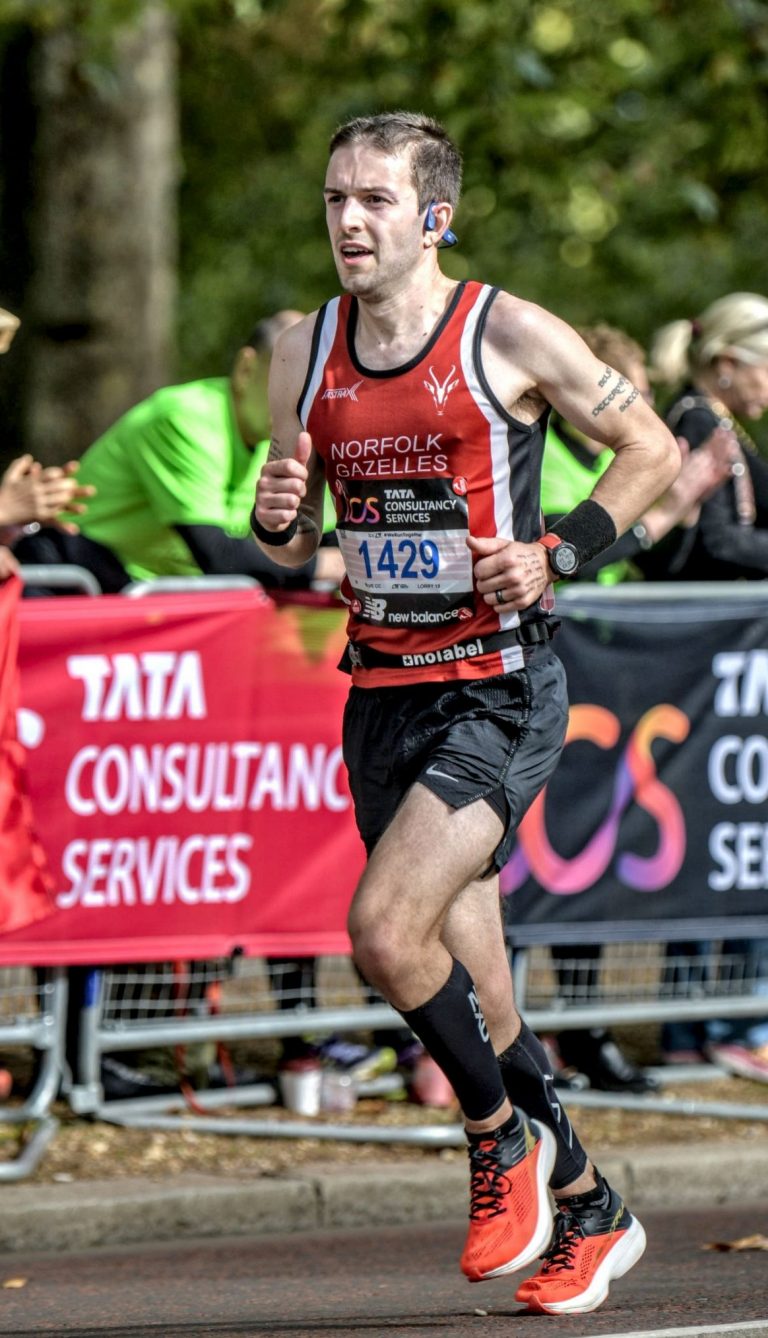Why didn’t your run go to plan?
A couple of years ago I wrote what to do if your run doesn’t go to plan, and mentioned assessing why as part of the answer to that question. Let’s now get into what may have happened when things don’t pan out.
What’s the cause?
There’s never just one thing that makes a run not go to plan, usually it’s a combination of factors that culminate in a sub-par session. Firstly it’s important to keep it in perspective, remind yourself this is likely just a one-off and that running is meant to be fun in some way for us, even if we take it very seriously.
Secondly it’s time to take action and reduce the number of these sessions. We can’t change something we don’t have information about, so keep a detailed training diary for all sessions so you can look at what works for you and what doesn’t. Information, when put to good use, is power.
Likely causes
So many factors have been shown to have a negative impact on performance that this list won’t come close to being exhaustive, but here are a few common causes
- Lack of sleep
- Dehydration
- Too little food/ eaten too recently
- Insufficient or excessive warming up (length, intensity or specificity)
- Lack of confidence in your ability
Any of the factors above could result in a performance reduction of 1% or more. That might not sound like a lot, but 1% of 8:00/mile pace is 5 seconds which could be enough to miss your pace in an effort or tempo session, and leave you frustrated.
Session planning
It’s pretty difficult to plan every session to be the right level. Add in a busy schedule and the factors above, and you’re bound to have the odd “off” session. Even with everything seemingly going right, I had what felt like an awful session a few weeks before writing this (which gave me the idea) where I aimed to run 6 x 1200m at 5k pace but could only just get under 10k pace with legs that just wouldn’t respond. It happens to every single runner.
Factor in your overall training load too. If you’ve recently added resistance training, longer, more frequent or tougher sessions that you’re used to doing, this will have a negative effect in the short term too. Watch out for the signs of overtraining if these runs become a common occurrence.
Training diary
I really do recommend keeping a training diary. If you’re planning your runs anyway, it’s only another minute or two afterwards of making notes. I use Google Sheets for mine and colour-code sessions to see at a glance how training is going, then leave “notes” for sessions where things have gone very well or not so well.
If you’re not planning right now of course, that’s probably a big part of the issue, so make a start there and you’re likely to start seeing bigger improvements soon.
As a side note, I’d like to emphasise that it’s ok to have “bad” runs. It genuinely happens to every runner but if it’s a common thing for you and you want to change it (I’m assuming you do from the fact you’re reading this) then something needs to change. Keep a diary and figure it out, either on your own or with the help of a coach you trust. This isn’t so you can make excuses on Strava, explaining why the session didn’t go to plan, because nobody would know that unless you draw attention to it. It’s so you can run better and have a more enjoyable experience of this life-changing sport.
Written by Kyle Brooks, Running Coach based in Norwich, Norfolk






